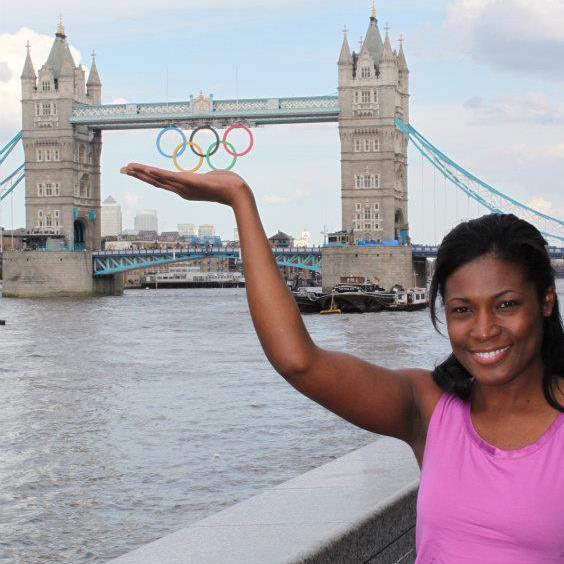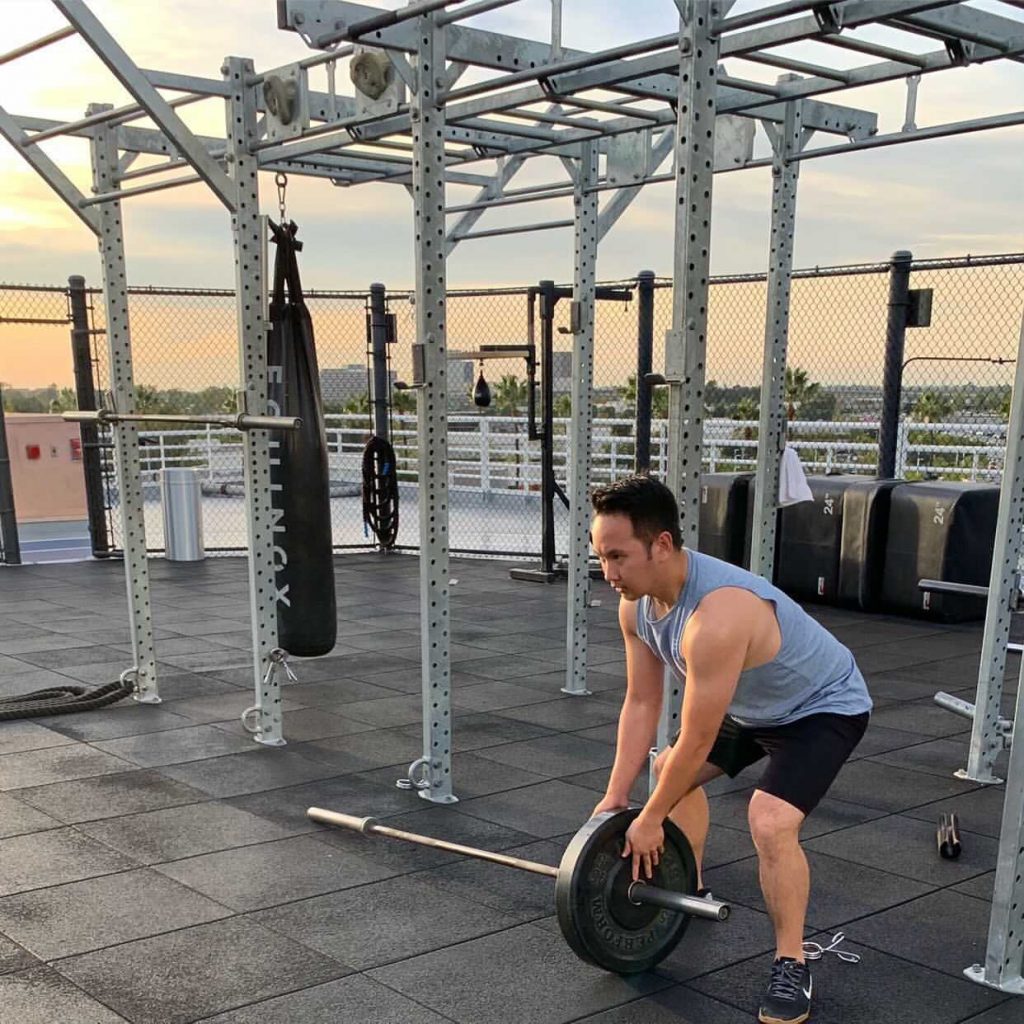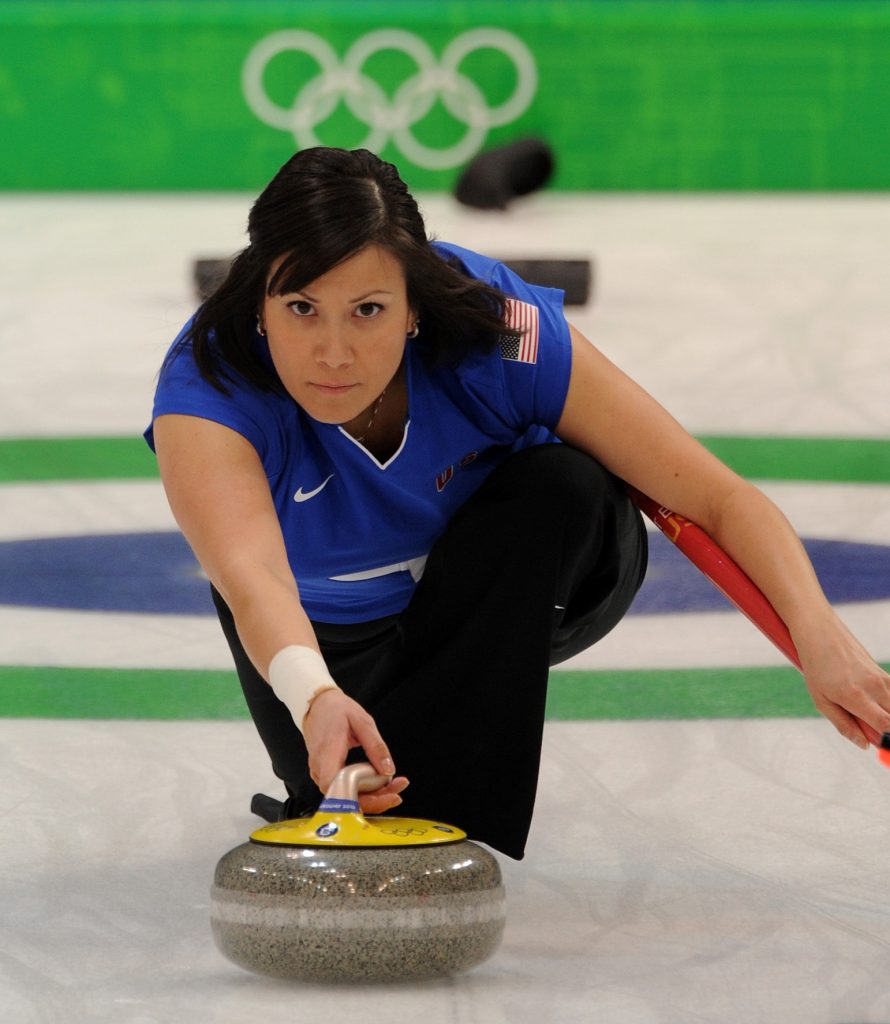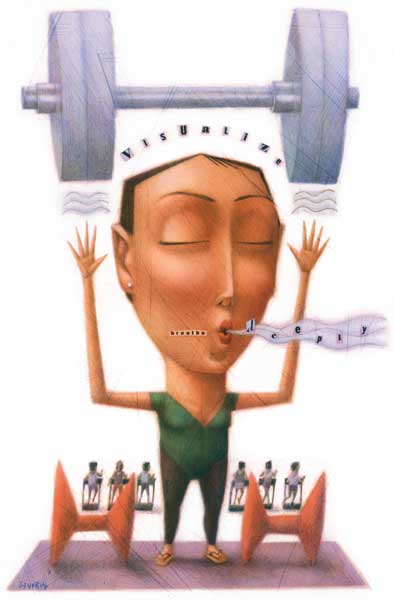If the Olympics inspire you to stand up for your mental wellness, here’s a calming exercise from Dr. Tamar Rodney, assistant professor and mental health expert:
Tamar Rodney, PhD, MSN, RN, PMHNP-BC, CNE
Find a quiet corner and do 10 seconds of deep breathing. This quick timeout is enough time to get centered and check in that you are making the right decision – especially if it will not be well received.
Here she is in London, where she lived at the time of the 2012 Olympics.
If the Olympics inspire you to start a fitness regimen, here are some “get started” tips from Erick Reyno, MSN (Entry Into Nursing) student. He’s a career change nurse and former personal trainer!
Erick Reyno, MSN (Entry Into Nursing) student
- Start slow! Even Olympic athletes were new once, and while your goal may not be the Olympics, it is to enjoy exercise and make the regimen a lifestyle.
- Find an accountability buddy! Don’t go at it alone, friends keep each other motivated. Even Tom Daley had someone diving with him to earn his first gold medal.
- Set goals for how many days per week you will exercise, carve out time in your day to do it, and track your progress. Aim for at least 30 minutes two to three times a week to jumpstart your new regimen.
- Go easy on yourself! Missing a workout is completely fine. Just get back on the horse and remember that integrating movement into your regimen is a marathon, not a sprint.
- Start every session with a warm-up! I do two sets of 10:
- Jumping Jacks
- Alternating Leg Kicks
- Calf Raises
- Arm Circles
- Neck Circles
And here are even more safety tips from Sutikan Parkeenvincha, MSN (Entry Into Nursing) student.
First, form is essential. Always confirm that your back is straight, supported, and engaged before lifting to decrease back strain.
Running
If you are training for a race, increase your mileage slowly over time to decrease your chances of developing stress fractures.
Powerlifting
Powerlifters use their hips a lot in heavy lifts, so it’s important to coordinate our hips’ position. Also, work on strengthening the muscles that contribute to hip function to reduce tension and fractures.
Weightlifting
Weightlifting uses all muscle groups, especially your upper body. Be careful with deadlifts, bench presses, or curls, which can result in muscle and tendon strains and ultimately torn ligaments in severe situations.
Finally, get even more inspired: DNP Executive Track student Natalie Nicholson is a real Olympian!
Now a family nurse practitioner researching breastfeeding in Native populations, she is an American curler who competed in the Vancouver 2010 winter Olympics.






 All Together Now!
All Together Now! Advice from Black Psychiatric Mental Health Nurse Practitioners
Advice from Black Psychiatric Mental Health Nurse Practitioners Real-Life Experiences
Real-Life Experiences Stepping it Up
Stepping it Up You’re Welcome
You’re Welcome







